What if, based on customer data, you could understand a customer’s interest level in seconds, predict the likelihood of a deal, and hit the target with the most relevant offer possible? All of this is possible if you start to view AI not as a threat, but as a trusted assistant.
And while we’ve already talked about the benefits of proper implementation and how CRM can deliver ROI of more than 245%, we haven’t talked about the benefits of implementing AI in CRM systems yet. But let’s start with the basics.
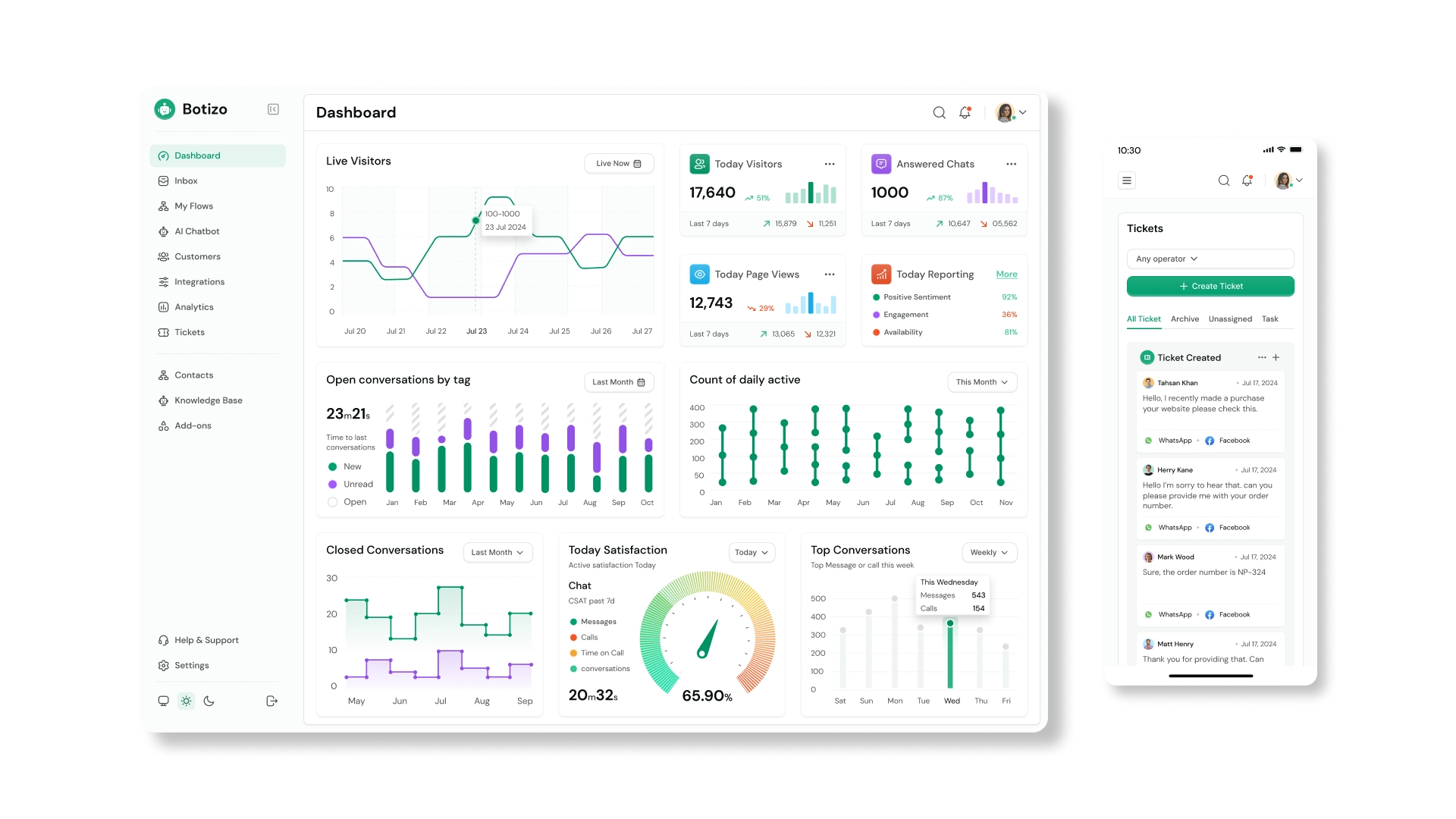
CRM systems offer a range of business solutions for interacting with customers, optimizing sales, marketing and generally running a business. The main purpose of such systems is to make business more efficient and customer service easier and more convenient.
It is important to understand that CRM is a centralized system that contains information about every part of the business. This could be:
In terms of tracking them for each specific customer and generating sales opportunities, based on the analysis. In addition to this – management of marketing campaigns and customer communications.
CRM systems help to manage the entire sales cycle: from the first contact with the customer to the finalization of the deal, and also integrate with customer support tools.
In manufacturing and commerce, CRM systems can be used to manage supply chains, track orders and interact with suppliers. Using AI modules, such systems can forecast demand, warn of possible delivery delays, and help the company make more accurate decisions
In IT, such systems can be used to manage internal company projects. For example, tasks can be assigned to employees and progress tracked in real time.
Educational institutions use CRMs to manage the education process, students and alumni. In addition, CRM systems help automate the recruitment of new students, manage scholarships and charitable donations more efficiently, and keep in touch with alumni
And this list can go on ad infinitum, but the main thing to know is that CRM systems are a powerful tool for any business that can improve interaction both internally and with external partners and customers.

Many companies are seriously thinking about implementing AI in CRM, due to which the local demand for such integrations has grown significantly and the overall market size is growing. In their Fortune Business Insights study, analysts confirmed this and also suggested a 12.6% year-over-year growth in global market size.
Companies that have implemented generative AI can process leads 50% faster. And all of this is creating a new round of business competition based on an even more personalized customer experience. But beyond that:
The more customer transactions and actions – the more information you have about the customer. AI can organize this information so you can better understand your customers.
According to Xant, sales reps spend more than half of their time in CRM optimizing their tasks. AI technology easily solves this issue by automating most of these tasks.
AI helps you quickly identify trends and adjust your company’s strategy, in order to stay ahead of the curve in a competitive market.
AI analyzes supply and manufacturing process data to help optimize logistics and improve inventory management.
AI can make accurate forecasts on sales as well as demand to resource ratios, helping to optimize business processes and planning.
It turns out that integrating artificial intelligence into CRM systems is becoming increasingly important for companies, as it helps to speed up processes and respond quickly to market changes.
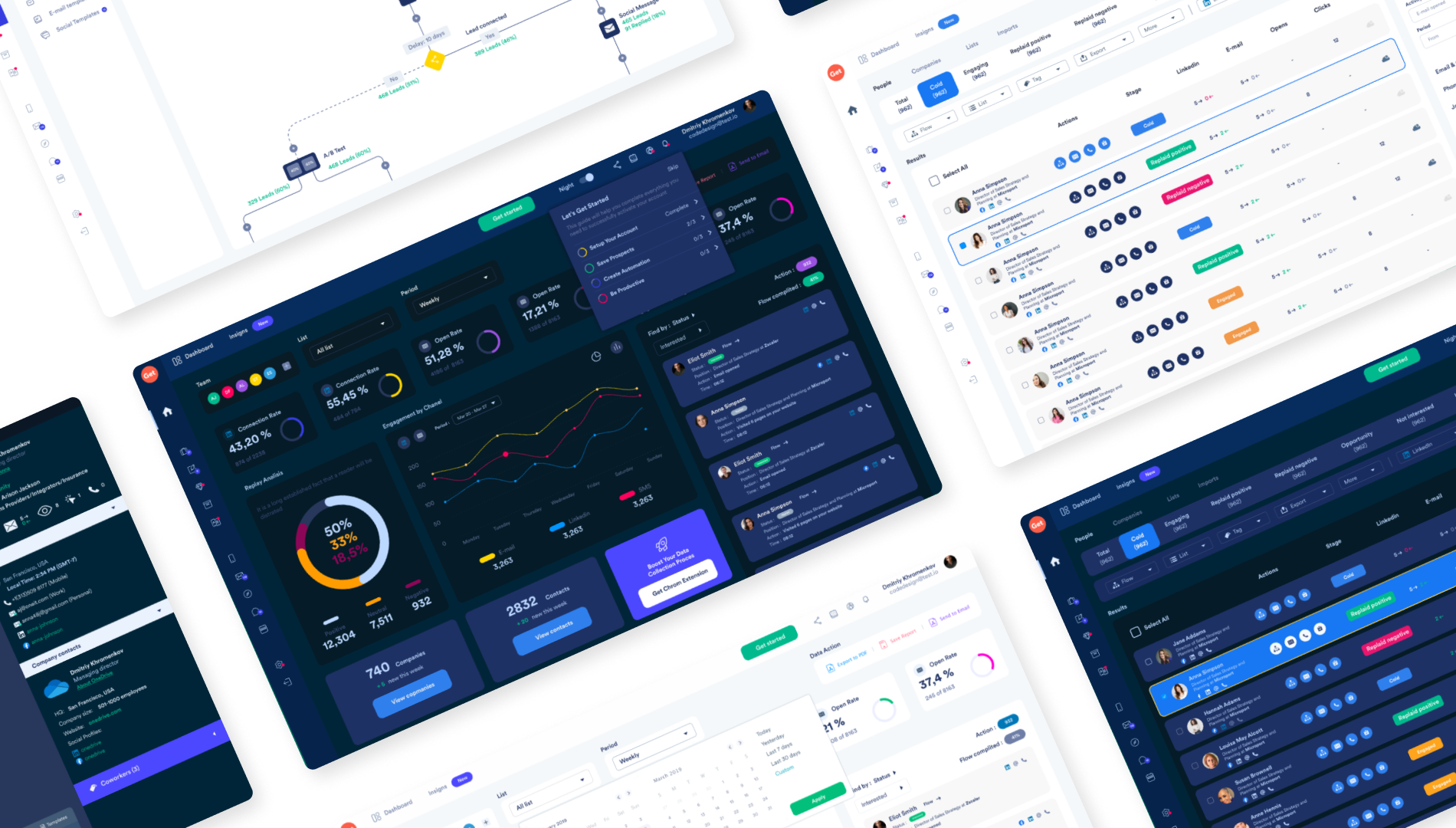
Marketing – AI is capable of analyzing vast amounts of customer data and offering personalized recommendations. Based on this data, machine learning algorithms can predict which products or services are most likely to interest a particular customer.
Customer Service – AI is dramatically improving the customer service experience with chatbots and virtual assistants based on generative AI. These solutions can instantly answer questions, handle inquiries, and resolve customer issues at any time of the day or night.
Analytics – AI empowers analytics in CRM by turning data into useful predictions and recommendations.
Machine learning helps you find hidden patterns in big data, predict customer behavior, and identify key factors that influence customer loyalty.
Human Resource Management – For example, machine learning algorithms can analyze employee performance, identify strengths and weaknesses, and recommend training or coaching, not to mention the initial onboarding of an employee.
Project management – AI helps plan and optimize tasks, allocate resources and control deadlines.
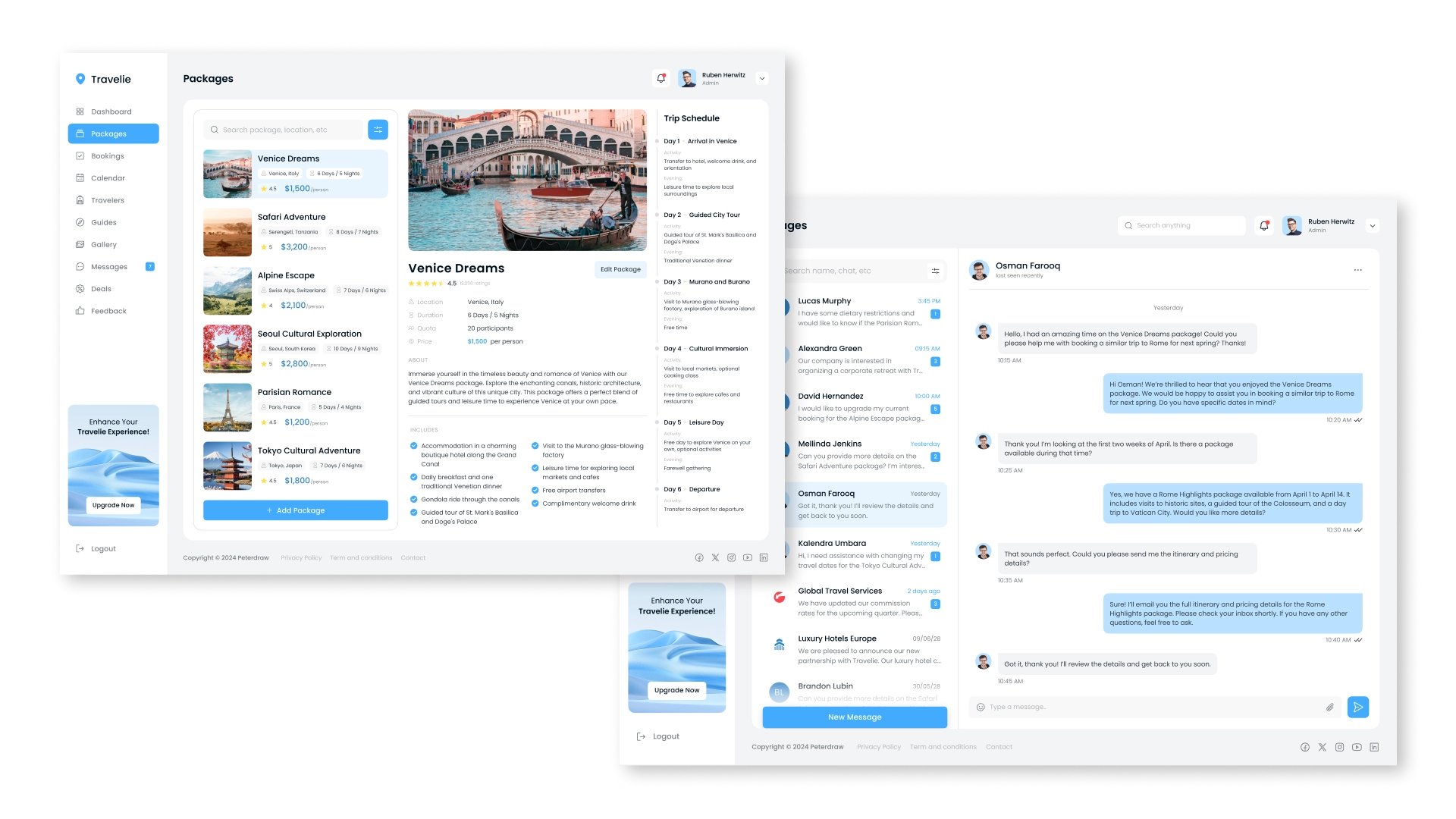
CRM systems in general solve a lot of business problems, but they are still far from 100%. There are still a number of nuances that AI integration can help you deal with.
In sales, AI can be configured to analyze leads or sort them by quality. In business processes to find the most efficient and vice versa lagging behind. In HR, it can also identify the growth points of specific employees.
In marketing, AI solves this by automatically segmenting customers based on their behavior, preferences and purchase history. This allows you to create targeted campaigns that better resonate with customer needs.
For business relationships, personalization will enable accurate and relevant offerings. HR will be able to create effective incentive programs. Sales will be able to create special offers.
In addition to this,
And this is just the tip of the iceberg. Is it worth talking about the need to implement AI in your CRM?
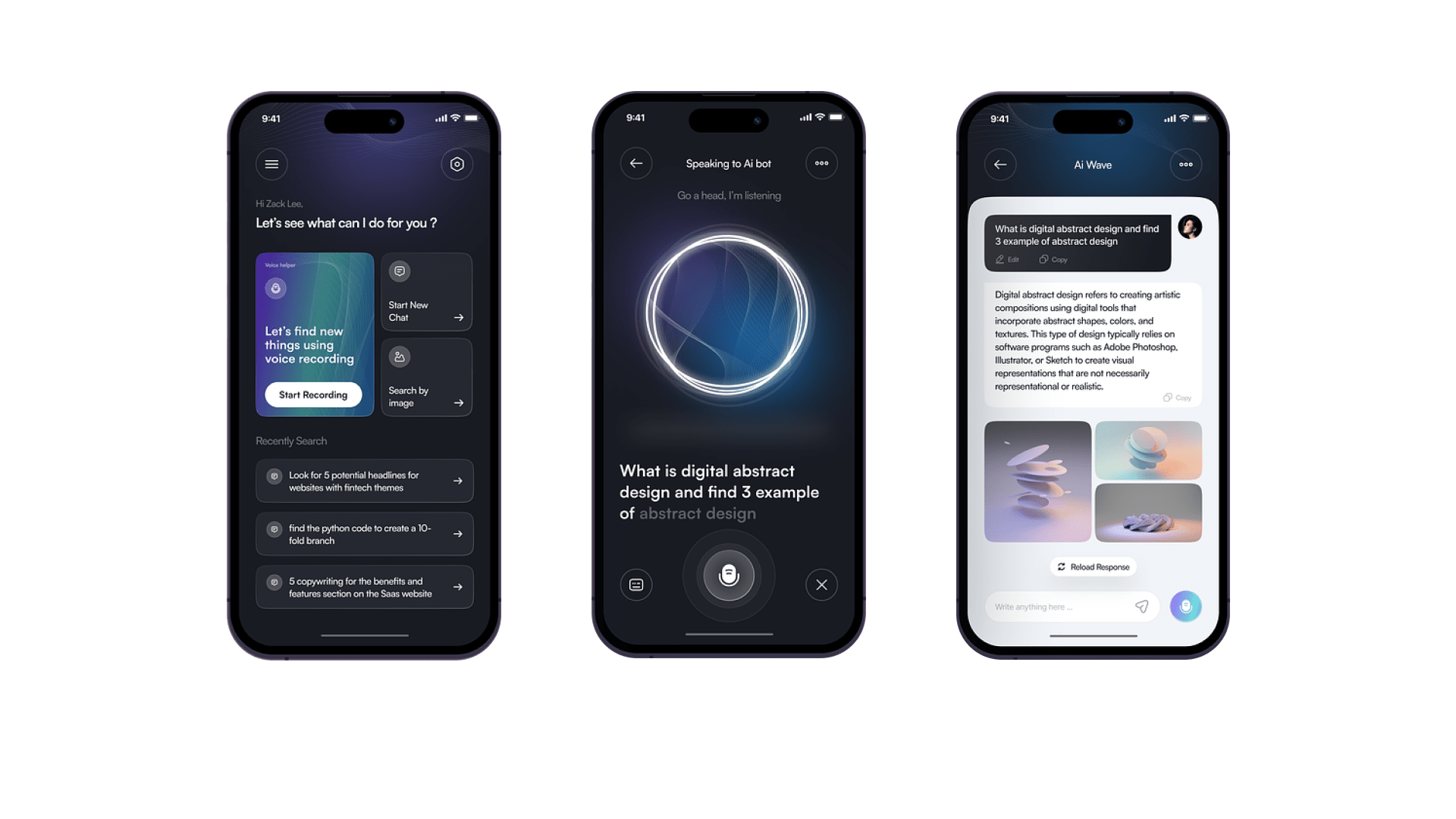
The use of AI in CRM can be divided into such areas as personalization of work with customers, workflow automation and predictive analytics.
At the beginning AI processes and analyzes behavioral factors of customers, for example it can be:
After that, AI automatically segments customers based on various criteria such as demographics, preferences, buying behavior and loyalty level. And next, using machine learning algorithms, AI generates customized recommendations that can truly be called relevant.
At its core, as with personalization, it is based on fast data processing, but it also adds automatic generation of relevant content.
In the case of workflows, AI collects and analyzes real-time data from sources such as websites, social media, email, and internal databases.
Based on customer data – AI offers solutions for autoposting generated content. And based on internal information – recommendations for optimizing the work of managers.
This can also include voice search, when your manager only needs one voice command “Tell me about the customer” to get detailed information.
AI can predict future customer needs and behaviors, such as the likelihood of churn or interest in certain products. Based on these predictions, the CRM system can offer personalized offers.
Based on deals already closed or failed, CRM can predict the likelihood of a lead closing successfully or failing. In the latter case, artificial intelligence can offer solutions to successfully close the deal.
In addition to this, AI enables real-time price customization for customers, taking into account factors such as demand and competition. This helps maximize revenue while offering each customer the most appropriate terms.

Most large companies already use AI solutions for CRM systems. We have prepared examples of the most popular ones.
Coca-Cola is applying AI solutions on the Salesforce platform. With Salesforce Einstein, the AI module of its CRM system, the company analyzes customer preferences and behavior to create personalized offers and launch targeted marketing campaigns.
Microsoft is using AI in its CRM system to improve customer support. Using AI and machine learning, the system automatically analyzes support requests and prioritizes them
Siemens uses AI in its CRM to manage projects and optimize internal business processes. AI modules help track project progress, predict delays, and automatically reallocate tasks and resources
BMW is applying AI in its CRM system to improve customer interactions and service quality. AI also helps BMW in managing customer requests and in “predicting” customer needs.
Netflix, although primarily known as a streaming platform, is actively using AI in its CRM system. AI analyzes viewers’ preferences and behaviors to recommend content that is likely to be of interest to them. These recommendations are based on sophisticated machine learning algorithms that take into account thousands of parameters.
DHL, a global logistics company, uses AI in CRM to improve supply chain and logistics. AI analyzes customer data and past shipments to predict demand and optimize delivery routes.
We’ll be sure to update this article with your successful application of artificial intelligence. And we’re confident that with our AI solution, your brand will become as popular as Amazon or Netflix
Before you choose a CRM system, think about what specific tasks you need to accomplish. For example, you want to automate order processing, personalize offers for customers, or respond faster to their requests.
Now that you know your goals, it’s time to explore the CRM systems available. What features do you need? For example, you may want the system to automatically suggest products to customers based on their previous purchases, or you may want it to have built-in tools for analyzing sales.
It’s important that your new CRM supports the tools you already use. For example, an online commerce platform, order accounting system, email marketing, a new CRM with AI should integrate easily with these systems.
The right CRM will definitely lead to business expansion. And now your business is growing and you need more features to manage your customers and orders. It is important to choose a CRM that will grow with you and adapt to your changing requirements.
Even if you’ve chosen a great CRM system, without the right training, your team may not be able to utilize it to its full potential. And once implemented, it’s important to regularly evaluate how well the CRM is helping you achieve your company’s goals. Analyze the results and make changes if something isn’t working as it should.
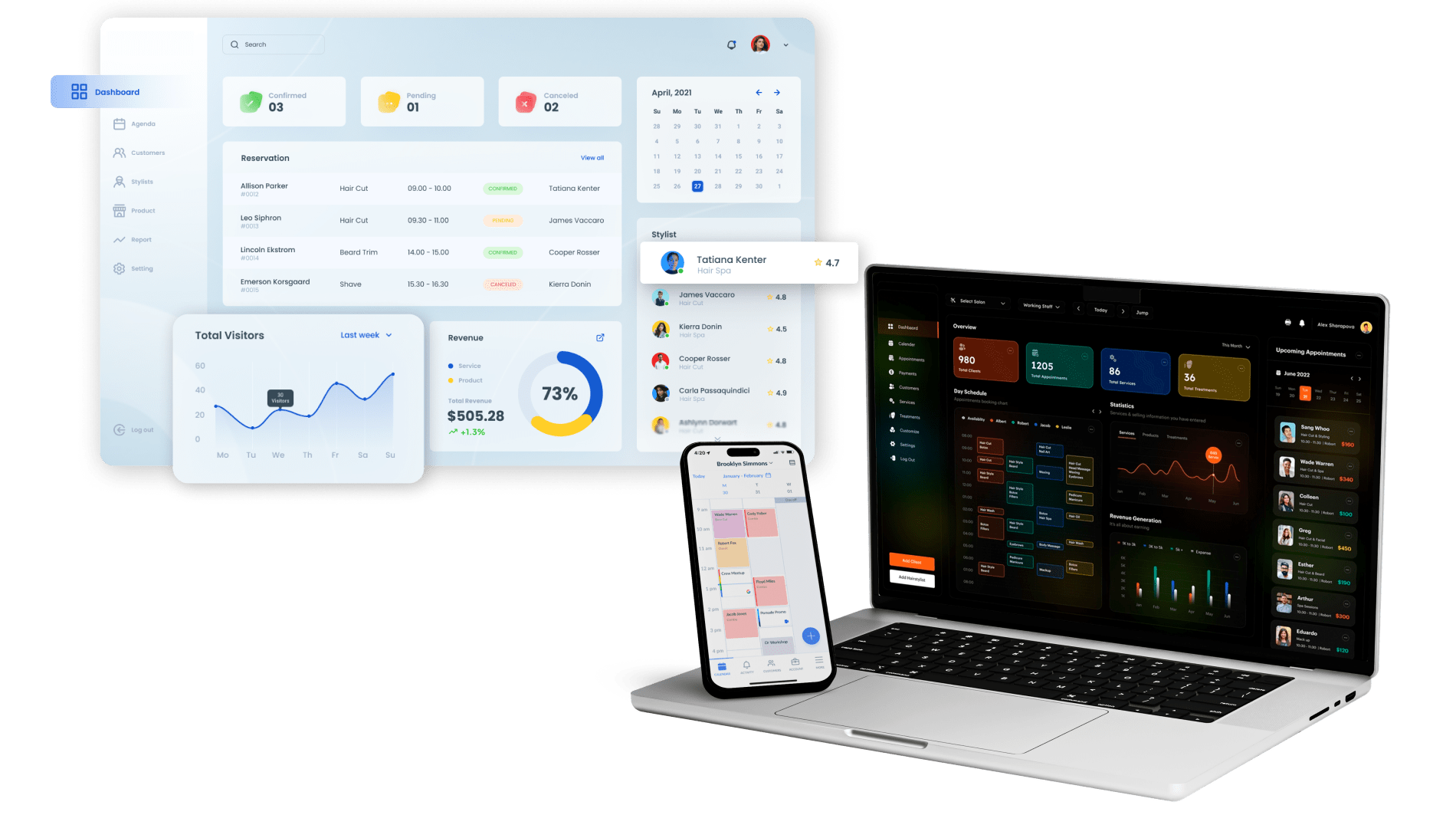
Developing a CRM system with AI integration requires significant resources and depends on many factors.
One of the key factors is the number and complexity of features you want to include in your CRM system. The more features and the more complex they are to implement, the more time and effort it will take to develop them.
For example, systems that include sales automation, predictive customer behavior, and AI-based personalization of offers will require significantly more resources than a simple contact management system.
The integration of a CRM system with existing business applications also affects development costs. The more integrations required, the more time it will take to customize and test them.
For example, using cloud technologies can offer more flexibility and scalability, but requires certain skills and infrastructure, as does the use of AI technologies such as machine learning.
The process of building a CRM system involves several stages: requirements analysis, design, development, testing, implementation and support. Each of these phases requires resources and time. For example, during the requirements analysis stage, it is important to carefully work out all the details to avoid rework in the future.
Project timing and scope also affect overall costs. A quick implementation may require additional resources and effort, which will affect the cost.
Artificial intelligence is revolutionizing CRM systems, making them more powerful and efficient. With its help, you can better understand your customers, anticipate their needs and reach a new level of interaction with them.
Automating routine tasks, personalizing offers, and predictive analytics are just some of the opportunities AI opens up.
Already, implementing AI in CRM is becoming an important step for your business competition.
Take your business to the next level with us and provide your customers with the best experience. We create CRM systems with AI integration that are customized to meet the specific needs of your business. Our solutions will help you optimize your processes, significantly improve sales and strengthen customer relationships.
Contact the experts Have a question?
Developed by AVADA-MEDIA™
The user, filling out an application on the website https://avada-media.ua/ (hereinafter referred to as the Site), agrees to the terms of this Consent for the processing of personal data (hereinafter referred to as the Consent) in accordance with the Law of Ukraine “On the collection of personal data”. Acceptance of the offer of the Consent is the sending of an application from the Site or an order from the Operator by telephone of the Site.
The user gives his consent to the processing of his personal data with the following conditions:
1. This Consent is given to the processing of personal data both without and using automation tools.
2. Consent applies to the following information: name, phone, email.
3. Consent to the processing of personal data is given in order to provide the User with an answer to the application, further conclude and fulfill obligations under the contracts, provide customer support, inform about services that, in the opinion of the Operator, may be of interest to the User, conduct surveys and market research.
4. The User grants the Operator the right to carry out the following actions (operations) with personal data: collection, recording, systematization, accumulation, storage, clarification (updating, changing), use, depersonalization, blocking, deletion and destruction, transfer to third parties, with the consent of the subject of personal data and compliance with measures to protect personal data from unauthorized access.
5. Personal data is processed by the Operator until all necessary procedures are completed. Also, processing can be stopped at the request of the User by e-mail: info@avada-media.com.ua
6. The User confirms that by giving Consent, he acts freely, by his will and in his interest.
7. This Consent is valid indefinitely until the termination of the processing of personal data for the reasons specified in clause 5 of this document.
Send CV
Contact us in any convenient way for you:
+ 38 (097) 036 29 32